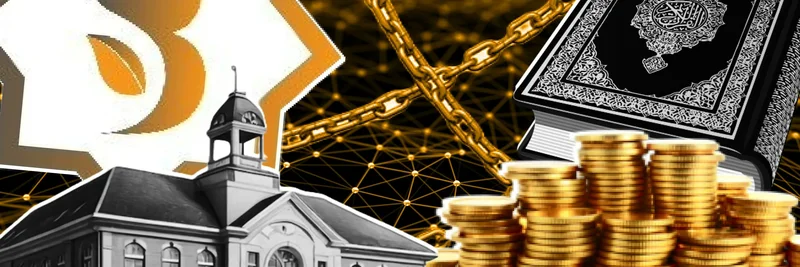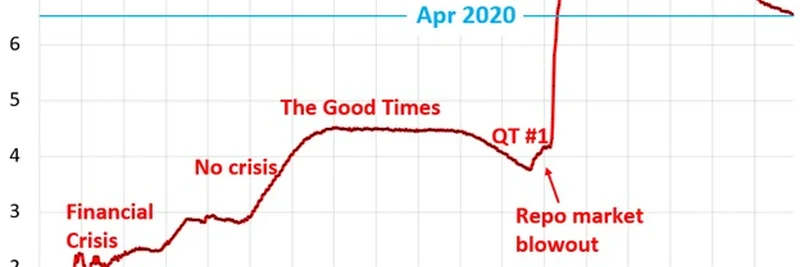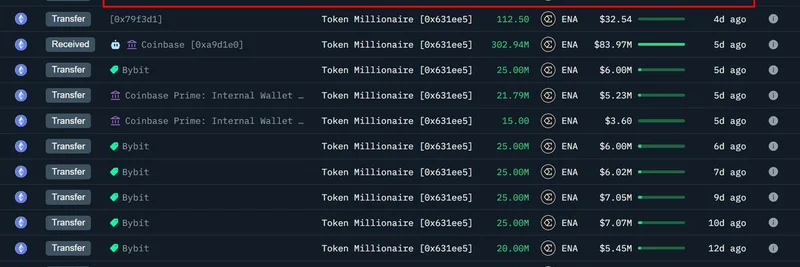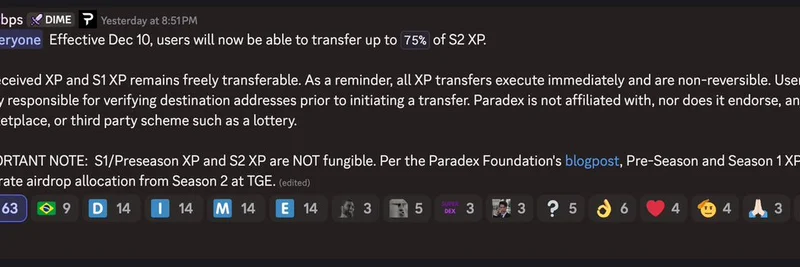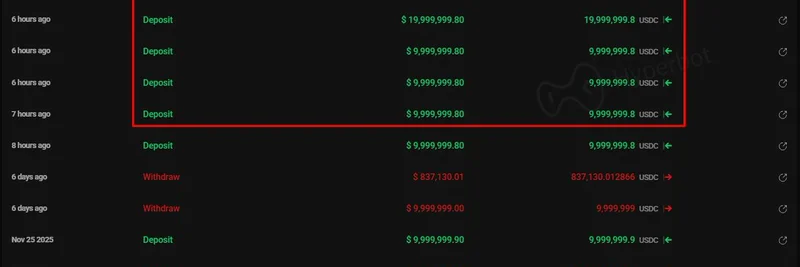Hey there, crypto enthusiasts! If you’ve been scrolling through X lately, you might have stumbled upon a buzzworthy post from BSCNews about Sidra Chain—a cryptocurrency project that’s turning heads in 2025. With an eye-catching image blending a traditional building, gold coins, a Quran, and a blockchain network, this post (dated August 9, 2025) teases a full analysis of whether Sidra Chain is a project to watch. Let’s dive into what makes this Shariah-compliant blockchain unique and why it’s sparking interest in the crypto community!
What’s Sidra Chain All About?
Sidra Chain isn’t your average crypto project. It’s a decentralized blockchain platform designed with Islamic finance principles in mind, making it a game-changer for those seeking halal (permissible) investment options. Launched in 2022 with its mainnet going live in October 2023, Sidra Chain operates on a Proof-of-Work (PoW) network forked from Ethereum. This means it uses a system where users help verify transactions and earn rewards, all while keeping things transparent and secure.
The platform aims to simplify financial transactions by cutting out middlemen, which can save time and money. Plus, it’s built to align with Shariah law—no interest (riba), no excessive risk (gharar), and no investments in prohibited industries like gambling or alcohol. Pretty cool, right?
The Big Three: Sidra Chain’s Core Components
Sidra Chain isn’t just a single idea—it’s an ecosystem with three main pillars:
Sidra Chain Network: This is the backbone, a decentralized blockchain that went live in 2023. It uses smart contracts (self-executing agreements) and integrates with KYCPORT for identity verification (KYC—Know Your Customer). You can even check transactions on its blockchain explorer at ledger.sidrachain.com.
Sidra Coin (SDA): The native cryptocurrency of the ecosystem! SDA is used for transactions, mining rewards, and paying for services. With about 780 million tokens in circulation and 2.5% burned for Zakat (charitable giving), it’s designed to support the community while staying true to Islamic values.
Sidra Bank: Think of this as a digital banking service built on the blockchain. It offers low-fee transfers, transparent records, and Shariah-compliant products—all accessible via the Sidra Chain app.
Why the Hype? Practical Uses of Sidra Chain
So, what can you actually do with Sidra Chain? Here are some real-world applications that might catch your eye:
- Cross-Border Payments: Sending money internationally can be pricey and slow. Sidra Chain speeds things up and cuts costs while staying Shariah-compliant.
- Halal Supply Chains: Ever wondered if your food is truly halal? Sidra Chain tracks products from start to finish, ensuring transparency for consumers.
- Shariah-Compliant Fundraising: Startups following Islamic principles can raise funds through profit-sharing or asset-backed financing, thanks to this platform.
These use cases tap into a massive market—Islamic finance is projected to hit $4.94 trillion by 2025, with 1.8 billion Muslims worldwide as potential users!
The SidraClubs Global Push
Sidra Chain isn’t stopping at tech—it’s going global with SidraClubs. This initiative partners with local communities to expand its reach, offering services like crowdsourcing for entrepreneurs (SidraStart), KYC solutions, and even inheritance management. By collaborating with local Islamic scholars for Shariah certification, SidraClubs aims to empower regions while promoting ethical finance.
Community Buzz and Challenges
The X post from BSCNews has sparked some excitement, with users like Ranofty and FfTammi9 chiming in about related projects like DepoSpot. However, the Sidra Chain community (aka the “Sidra Family”) has mixed feelings. While many love the Islamic finance angle, others mention hiccups like KYC delays and app glitches. The team’s active on social media, but improving tech reliability could be key to winning over more supporters.
Is Sidra Chain Worth Watching in 2025?
With its unique blend of blockchain and Shariah compliance, Sidra Chain stands out in the crowded crypto space. It competes with projects like Islamic Coin on the HAQQ blockchain, so user experience and technical stability will be crucial. If you’re into ethical investing or curious about decentralized finance (DeFi), this project might be worth adding to your watchlist. Check out the full analysis on BSCNews or dive into the official site at sidrachain.com for more details.
What do you think—will Sidra Chain reshape Islamic finance, or is it still too early to tell? Drop your thoughts in the comments, and let’s keep the conversation going!
